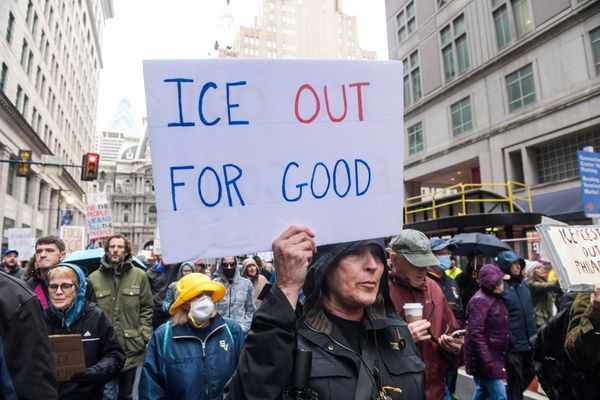
President Trump is exploring the possibility of hosting a Republican National Convention in advance of the 2026 midterm elections, a departure from the traditional timing of such events. This potential move is unprecedented and could have significant implications for the political landscape.
Reports suggest that Democrats are also contemplating a similar strategy, indicating a shift in the way both parties approach their national conventions. Trump's assertion that the Republican Party has outpaced Democrats in fundraising adds another layer of intrigue to this development.
By considering an early convention, Trump is signaling a proactive approach to rallying support and energizing the Republican base well ahead of the midterm elections. This could give the party a strategic advantage in terms of messaging and mobilization.



The decision to hold a national convention earlier than usual reflects the evolving dynamics of American politics and the increasing emphasis on long-term planning and organization within political parties. It also underscores the competitive nature of modern political campaigns, where every advantage, no matter how unconventional, is pursued.
If both Republicans and Democrats proceed with early national conventions, it could set the stage for a prolonged and intense campaign season leading up to the 2026 midterms. This extended period of political activity may shape voter perceptions and priorities in new ways, potentially influencing the outcome of the elections.
As the political landscape continues to evolve, unconventional strategies like early national conventions may become more common as parties seek to gain an edge in an increasingly competitive and fast-paced political environment.







